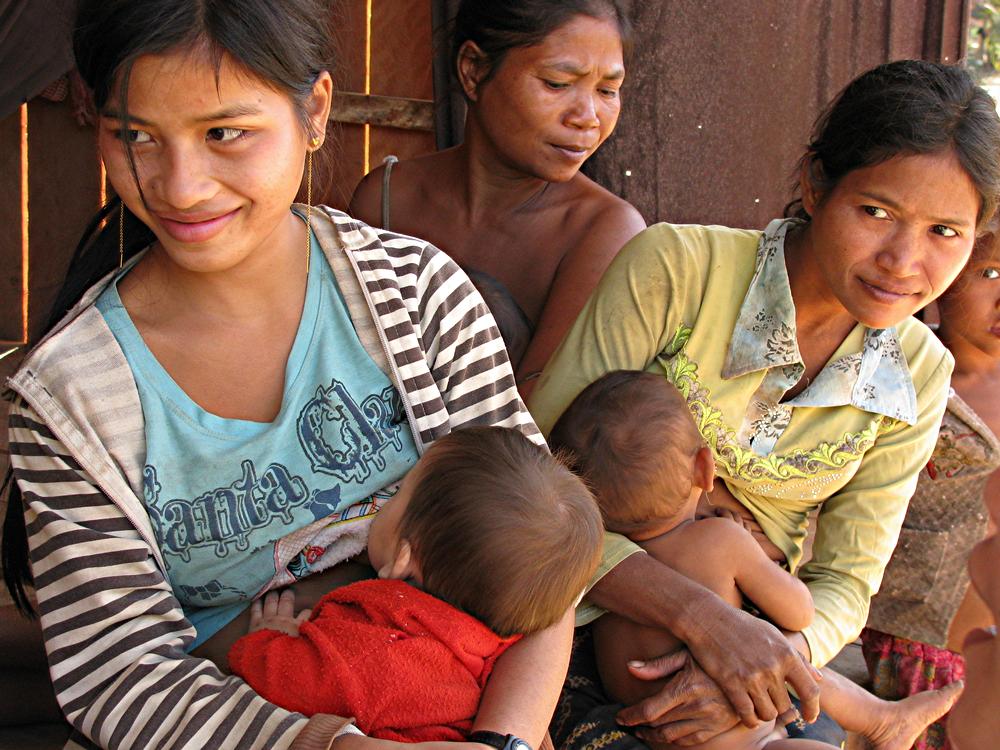Guest Post: Playing Football with Infant Health: U.S. Breastfeeding as a Game of Inches
This week the U.S. Centers for Disease Control and Prevention released new data on breastfeeding rates from 2004 to 2014. The encouraging news is that more babies start breastfeeding and breastfeed for longer. The percentage of babies who start out breastfeeding increased to more than 82% surpassing the U.S. Government’s Healthy People 2020 goal of 81.9% initiation rate.
Yet while greater numbers of babies start out breastfeeding, there is still a sharp drop-off in the numbers of babies being exclusively breastfed (i.e. no other food or drink other than breastmilk) at 3 months and 6 months. The analysis of the CDC’s National Immunization Survey (NIS) data found that in 2014, children who were being exclusively breastfed for three months now stands at 46.6%— a big increase from the 36% rate in 2009—but still almost half the number that start out breastfeeding.
In addition, when it comes to six months exclusive breastfeeding —the gold standard of infant nutrition and the recommendation from the American Academy of Pediatrics and other health organizations—the number of infants being fed at this standard drops to 20%.
In America only 1 in 5 babies is being fed in accordance with the health recommendations.
Breastfeeding does not occur in a vacuum-it is impacted by cultural views, structural barriers, supportive and non-supportive policies and the impact of commercial interests. In fact, the CDC release also showed that 1/3 of all babies were supplemented with formula before 6 months and 15% were supplemented with artificial milk before 2 days.
But perhaps the most sobering detail in the CDC release is the continuation of the racial disparities in breastfeeding rates. Among infants born during 2010–2013, 64.3% of non-Hispanic black infants started breastfeeding, compared to 81.5% of white infants, a gap of 17.2 percentage points.
In 14 states, primarily in the Midwest and South, the difference in breastfeeding initiation between white and black infants was greater than 15 percentage points and the disparity exceeded 25 percentage points in seven of these states. The percentage point differences between white and black infants in exclusive breastfeeding through 6 months ranged from −4.2 in Rhode Island to 17.8 in Wisconsin, and at 12 months duration, the difference ranged from −4.4 in Minnesota to 31.6 in DC, the report detailed.
These gaps show that even with increased support and awareness, black families are not receiving the multi-dimensional support needed to successfully breastfeed.
Given that the mortality rate for black infants is more than twice that of white infants, more needs to be done to ensure that all women can give their babies the powerful life-saving, brain-boosting and health-giving benefits of breastfeeding.
And what we are learning overall, is that women want and are willing to try breastfeeding but something gets in the way—no maternity leave? An unsupportive employer? Fear of being shamed while breastfeeding in public? Limited child care options that easily facilitate human milk feeding? The possibilities are varied. What we don’t have in place are structural solutions that don’t fully rest the weight and responsibility of breastfeeding squarely on the shoulders of mothers.
Until breastfeeding is properly supported systemically and structurally, breastfeeding will remain akin to football—a game of inches, with some women eking out small gains while pushing through and past monumental obstacles but rarely making it to end zone or scoring the collective touchdown.
We are pleased to see the inches, but mothers and babies deserve the whole nine yards.
Kimberly Seals Allers is an award-winning journalist and nationally recognized infant health advocate. Her fifth book, The Big Letdown—How Medicine, Big Business and Feminism Undermine Breastfeeding was released in January by St. Martin’s Press. Learn more at www.KimberlySealsAllers.com and follow her on Twitter @iamKSealsAllers.



